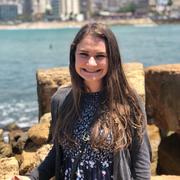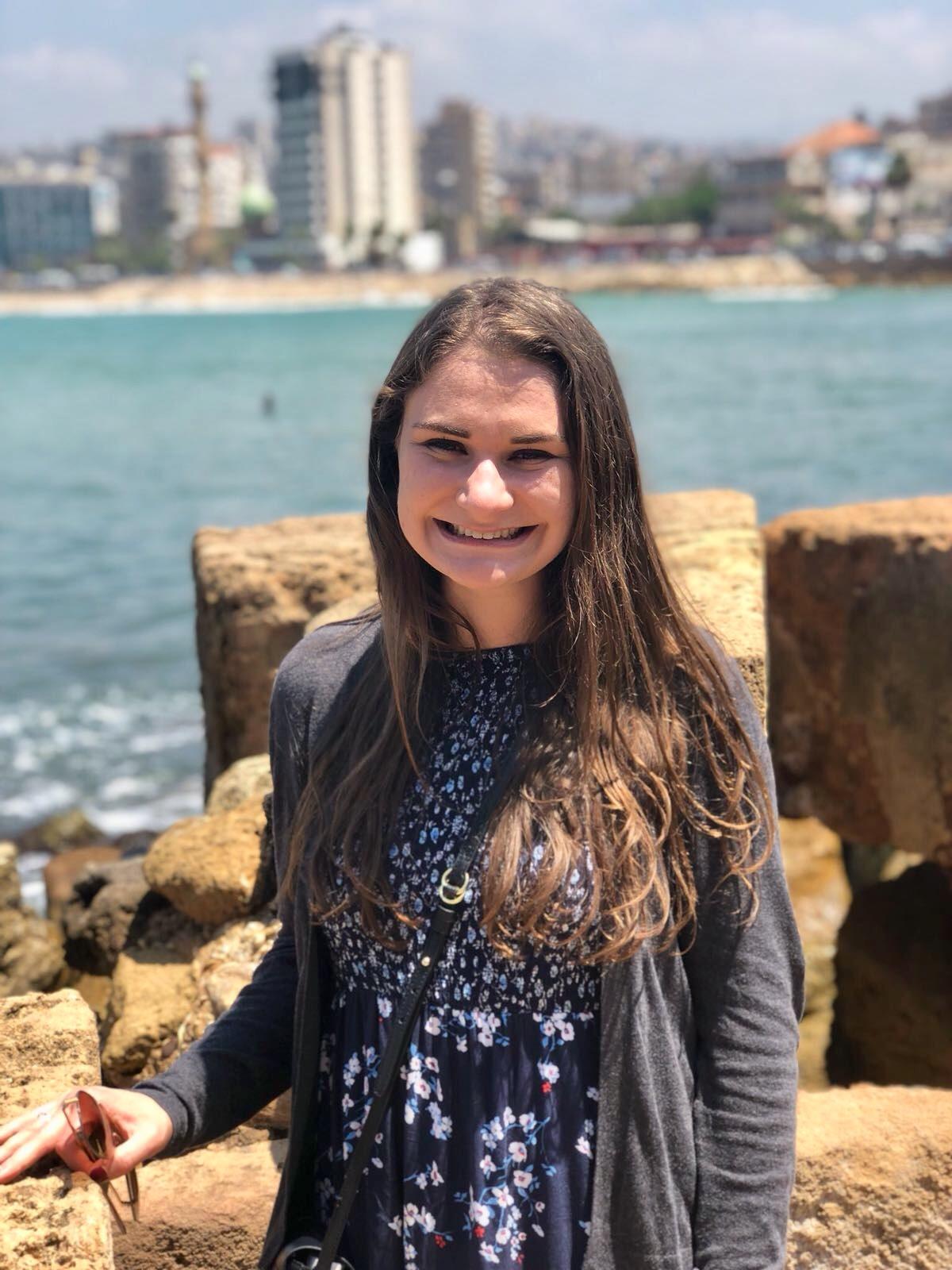
Ellen Stockert is a second-year student in the AM in Middle Eastern Studies program.
How did you become interested in Middle Eastern studies?
I have always enjoyed studying history, language, and government, and I pursued an undergraduate degree in foreign affairs to combine these interests. However, my first two semesters of college sparked my specific interest in Middle Eastern studies, as I enrolled in a modern Middle Eastern history course and subsequently in a course on the politics of the Middle East. These two classes inspired me to begin studying Arabic during my second year of college, and the combination of these and similar courses confirmed my decision to pursue a graduate degree in Middle Eastern studies.
Why did you choose CMES?
CMES offers unparalleled flexibility for master’s candidates. As a result, I have had the opportunity to tailor my graduate program to my personal research interests. CMES also prioritizes language study, requiring all AM students to study a modern Middle Eastern language during all four semesters of the program. One of my biggest goals in returning to school was to improve my Arabic language skills, and I feel that CMES has provided me with that opportunity. Lastly, CMES is a community, and I could feel this from the moment that I visited. CMES faculty and staff are highly supportive of their students, and the student community is collaborative and welcoming.

What are your research interests?
My research interests center on contemporary conflict and politics in the Levant, with a particular focus on Lebanon and Syria. I am interested in how post-colonial politics and institutions have shaped conflict and politics in the present, as well as how conflict impacts civilians and political institutions. To further my understanding of these topics and how they impact society, I have pursued classes in modern Middle Eastern history, political science, literature, law, religion, and public health.
What do you like best about studying at Harvard?
Studying at Harvard is an enriching experience in all dimensions. I am continually impressed by the Harvard faculty and staff, as well as my peers, and I enjoy learning from the breadth of experiences that each of these individuals brings to the University. Harvard also provides an incredible depth of resources, from the library system to academic opportunities both in Cambridge and abroad.
What travel/research opportunities have you pursued during your time at Harvard?
I have been fortunate to receive funding from CMES for two travel opportunities. I spent the summer between the first and second years of my master’s program at a summer Arabic program at the American University of Beirut, which was an incredible opportunity to advance my Arabic language skills, to immerse myself in Lebanese culture, and to explore Beirut. I will also travel to Beirut and Geneva, Switzerland, during Wintersession 2019 for a joint HKS-HSPH course that focuses on the humanitarian and political negotiations of policies regarding refugees.
What advice would you offer a prospective/incoming student?
I would advise prospective and incoming students to take part in the CMES community as much as possible. I have been fortunate to find mentors among the faculty and staff, as well as friends and colleagues within the student community. I would also recommend taking a wide variety of classes across the university, as the opportunity to cross-register at all of the schools within Harvard has been a highlight of my graduate school experience.
